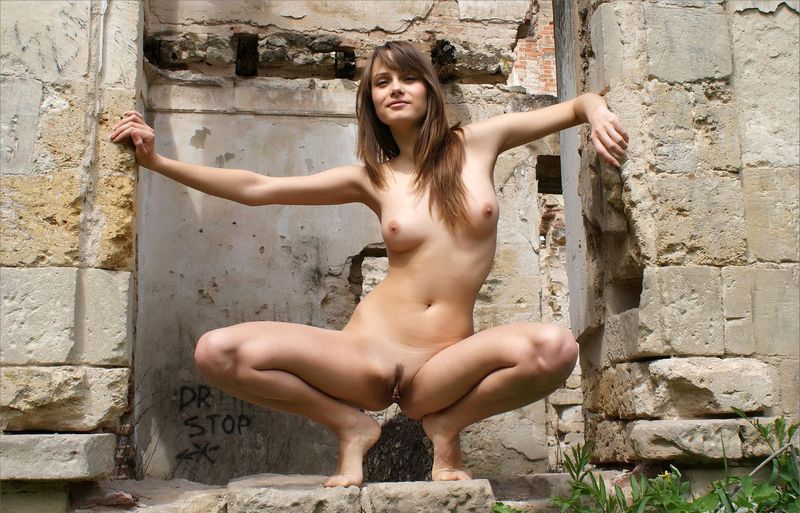|
|
Young Brunette Girl Undresses Her Top In The Ruins Of An Old House
|
The contemplation of "rust belt" post-industrial ruins is in its infancy.
Aesthetics
In the Middle Ages Roman ruins were inconvenient impediments to modern life, quarries for pre-shaped blocks for building projects, or of marble to be burnt for agricultural lime, and subjects for satisfying commentaries on the triumph of Christianity and the general sense of the world's decay, in what was assumed to be its last age, before the Second Coming. With the Renaissance, ruins took on new roles among a cultural elite, as examples for a consciously revived and purified architecture all' antica, and for a new aesthetic appreciation of their innate beauty as objects of venerable decay. The chance discovery of Nero's Domus Aurea at the turn of the sixteenth century, and the early excavations at Herculaneum and Pompeii had marked effects on current architectural styles, in Raphael's Rooms at the Vatican and in neoclassical interiors, respectively. The new sense of historicism that accompanied neoclassicism led some artists and designers to conceive of the modern classicising monuments of their own day as they would one day appear as ruins.
|
|









